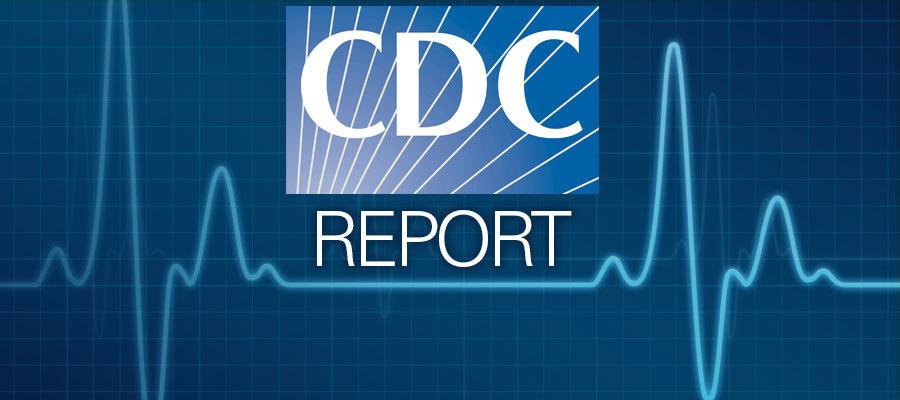CDC: Half of adults delay recommended colorectal cancer screening

Only half of adults in their early 50s received a recommended screening test for colorectal cancer in 2018, according to a new Vital Signs report from the Centers for Disease Control and Prevention. The U.S. Preventive Services Task Force recommends a colonoscopy or other colorectal cancer screening test for adults aged 50-75 who are at average risk, such as those who do not have a personal or family history of colorectal cancer or polyps. In 2018, screening in the recommended age group increased with age. It was lowest among those lacking health insurance or a regular care provider, and highest among those whose annual household income was $75,000 or more. Screening prevalence by state was highest in Massachusetts (76.5%) and lowest in Wyoming (57.8%). Colorectal cancer is the second leading cause of cancer death in the United States.

